President Trump’s newly signed “One Big Beautiful Bill” is raising alarms in Oklahoma, where advocates say deep cuts to Medicaid and SNAP could leave hundreds of thousands at risk.
The bill, which rapidly moved through Congress, bundles $4.5 trillion in tax cuts over the next decade—but also slashes $1.7 trillion from Medicaid and $186 billion from SNAP (Supplemental Nutritional Assistance Program).
Former Tulsa Mayor Susan Savage, now CEO of Morton Comprehensive Health Services, expressed shock at how swiftly the bill passed. Morton serves 18,000 patients annually, many of whom depend on SoonerCare, Oklahoma’s Medicaid program, and ACA coverage.
“For the Senate to make the changes they made and for it to receive passage by the House a couple of days later is not anything I’ve ever witnessed before,” Savage told The Oklahoma Eagle.
Stricter Work Requirements Ahead
Under the new law, able-bodied adults ages 18–64 must complete 80 hours per month of work, job training, schooling, or volunteering to remain eligible for SNAP. The law also raises the age cap from 54 to 64.
Parents of children 14 and older must now meet work requirements too. Similar rules will apply to Medicaid recipients ages 19–64, including parents of young children—though some exemptions remain.
Implementation for Oklahoma’s SoonerCare won’t begin until January 2027, but Savage is already bracing for an increase in the uninsured population.
“We’re making it more difficult for people who already face incredible challenges,” she said.
Oklahoma Hit Especially Hard
With nearly one in four Oklahomans enrolled in SoonerCare and SNAP serving around 700,000 people, the state could be among the most severely affected.
To make matters worse, the new law shifts administrative costs to states—without setting aside federal dollars to cover them.
Budget Burden on the State
Jessica Dietrich, policy director at Hunger Free Oklahoma, said Oklahoma may be forced to absorb up to $300 million annually in program costs. But with Governor Kevin Stitt’s strong anti-tax stance, raising revenue may not be feasible.
That could lead the state to restrict access even further.
“If Oklahoma can’t cover the costs, it may have to implement stricter rules that limit who gets help,” Dietrich warned.
She urged Oklahomans to speak up before it’s too late.
“Contact your members of Congress and your state legislators. Let them know how these changes will impact you and your family.”
Delayed Impact, But Urgent Concerns
Although most Medicaid cuts won’t be felt until after the 2026 midterms, the groundwork is being laid now. Advocates worry the changes will push vulnerable Oklahomans deeper into poverty unless immediate action is taken.

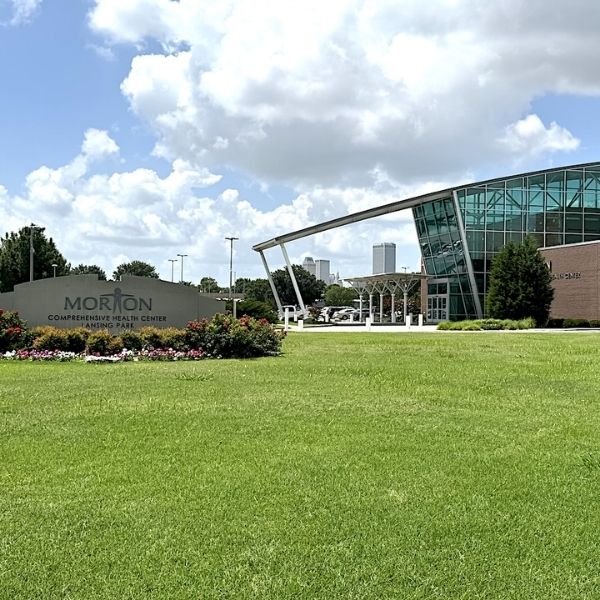

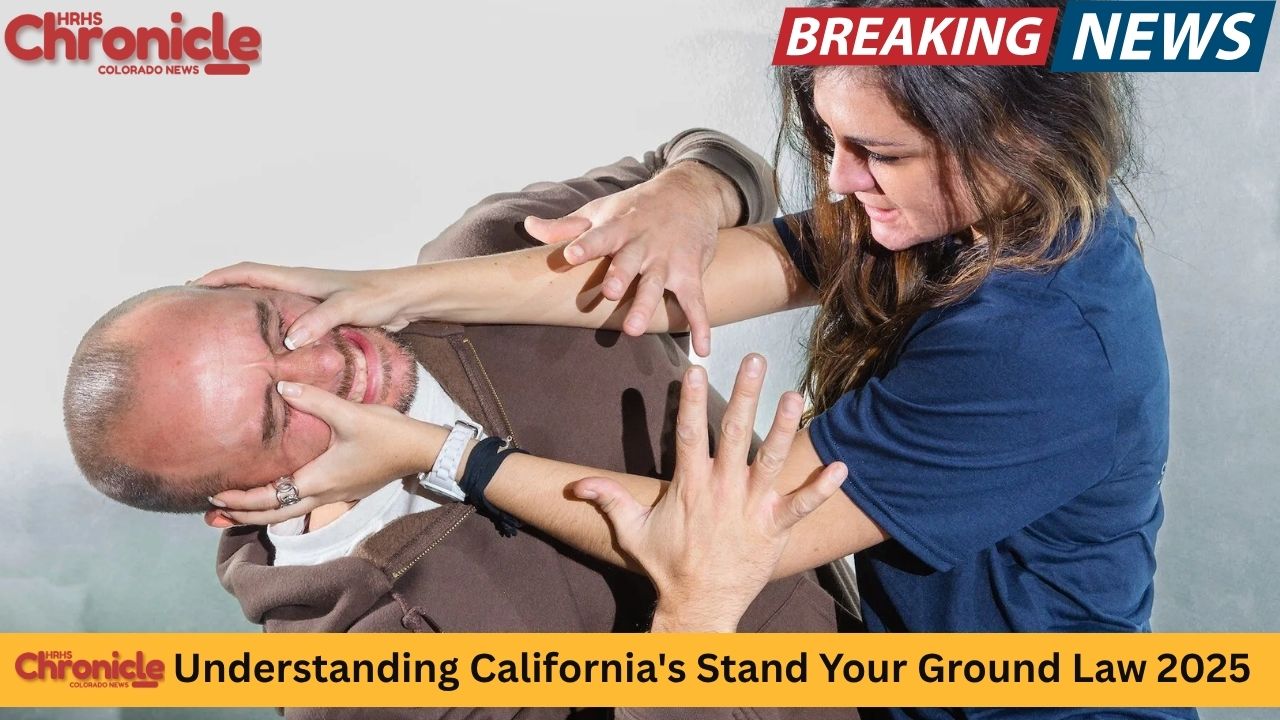
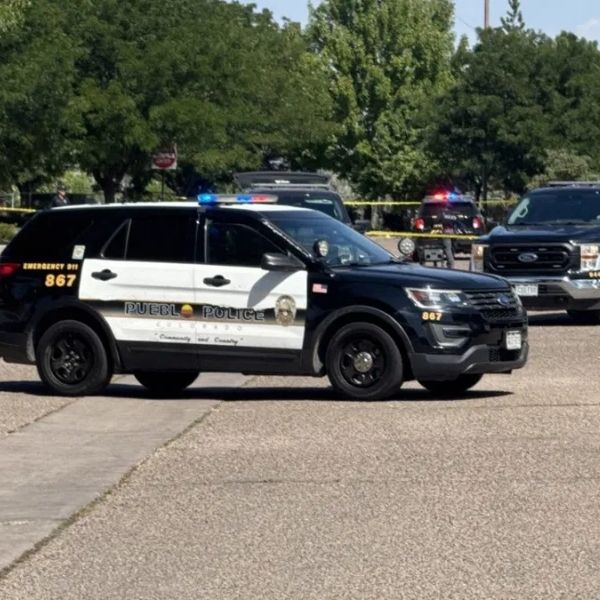




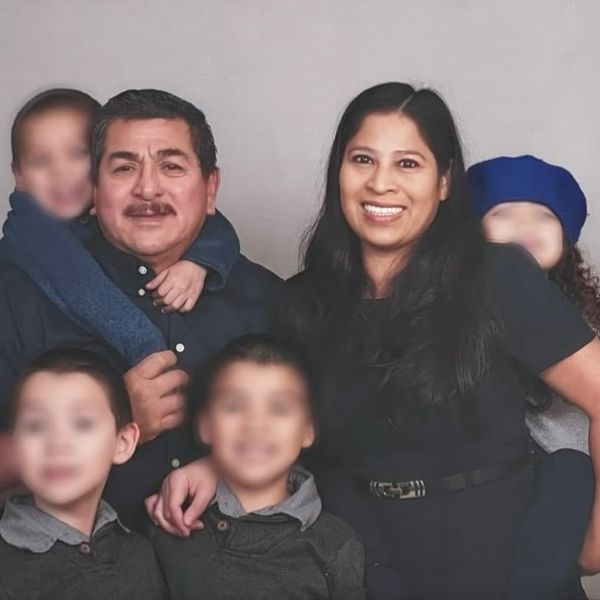
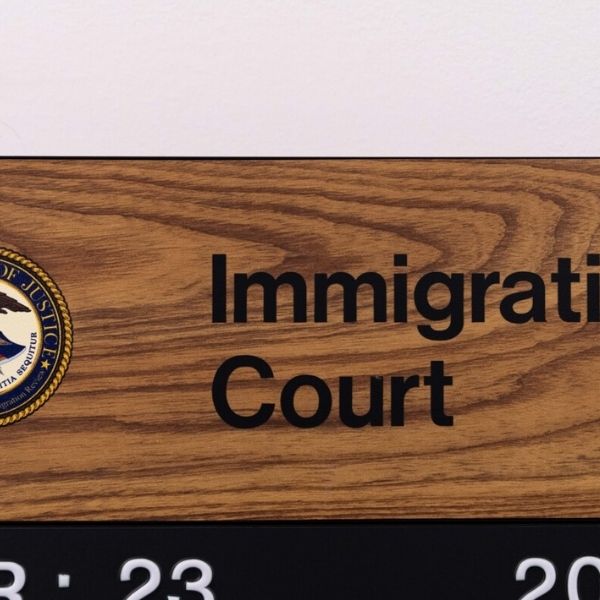





Leave a Reply